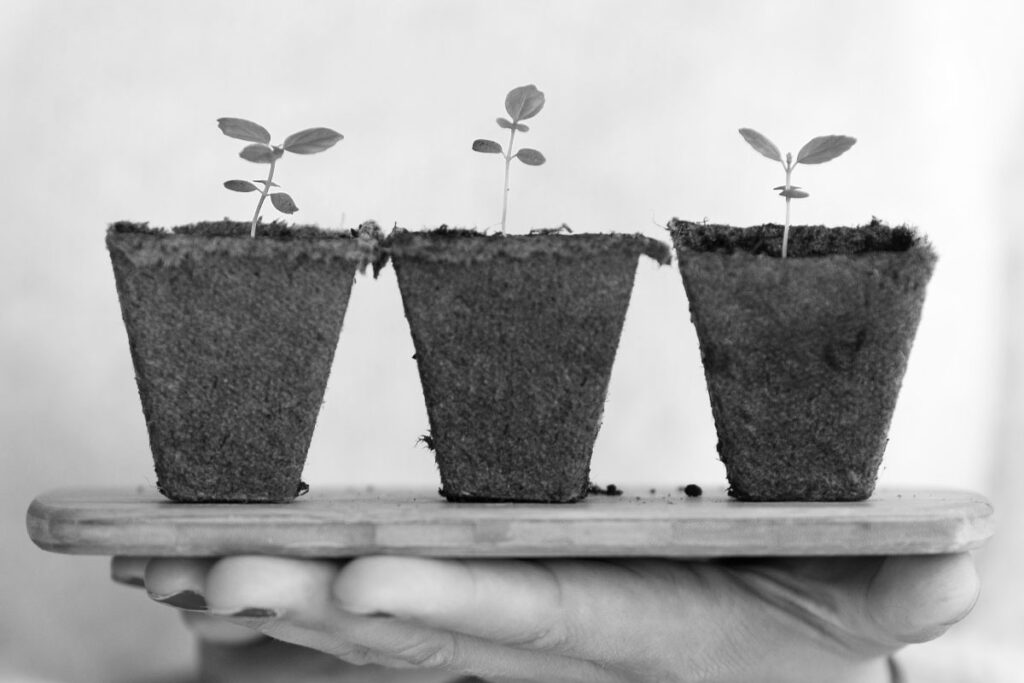Permanent improvement through a growth mindset
- Dr. Niklas Häusler
- Psychology

"I play to figure things out, play to learn something; because if you play with a fear of failure or you play with that will to win, especially if it supersedes failure, then it’s a weakness either way."
- Kobe Bryant (1978-2020)
Being a professor at Stanford University and having published countless studies and numerous popular science books [1], Carol S. Dweck has given the term “mindset” a completely new and scientifically substantiated direction. To this end she researched the differences between more and less successful individuals. Through several studies, she found out that about 40% of us have a fixed mindset. These people believe that “…basic abilities, their intelligence, their talents, are just fixed traits. They have a certain amount and that’s that.”. In contrast, about 40% of people have a growth-oriented way of thinking (the remaining 20% are somewhere in between). With this way of thinking, people believe that “…talents and abilities can be developed through effort, good teaching and persistence. They don’t necessarily think everyone’s the same or anyone can be Einstein, but they believe everyone can get smarter if they work at it.” [2].
Lion or gazelle?
We were once told a story by one of the most respected German goalkeeping coaches, which illustrates the different ways of thinking from a practical point of view. He reported that he sees some goalkeepers as lions and others as gazelles. As a lion, the athlete builds up a strong image of himself to the outside world and does not want to show any weaknesses. The gazelle, on the other hand, seems passive and inconspicuous at first glance, but understands that it must be on its guard and learn every day in order to survive. In the long run, the coach told us that he sees the gazelle as more successful than the lion, because a gazelle learns from negative experiences and the rather fragile mindset of the lion can be influenced by negative events very quickly.
What counts is the will to improve and develop.
The greatest athletes and leaders understand that throughout the course of a lifetime, you cannot be successful at all times. Everyone has positive and negative experiences. However, how one deals with negative situations and experiences is decisive for the subjective feeling of happiness [3] and for long-term success [4]. Do you never recover from a disastrous setback or are you able to develop a growth-oriented mindset in order to learn even from negative experiences? Because, as already explained in our article on goal-oriented thinking, the brain learns to adapt and optimize its behavior through both positive and negative experiences. They are both absolutely necessary and without them, the brain cannot learn at all.
In order to develop a growth mindset, you must first understand the need to constantly improve and develop. This is exactly where we at neuro11 come in to help you. Through us, you will learn how to develop the right mindset in order to cope with anything that life throws at you. You will consequently stay motivated and have a clear focus during training and competition.
Our advice: Try to remember a negative experience from your past. Did you have a fixed or a growth-oriented way of thinking as a reaction to the experience? Do you know someone with a fixed mindset and how did this person react to a negative experience? Through this simple task you might find out where you can improve your mindset to be able to handle any kind of situation in the future.
#trainyourbrain
If this article sparked your interest and you would like to know more about this or other topics, please do not hesitate to contact us via info@neuro11.de. We look forward to hearing from you.




